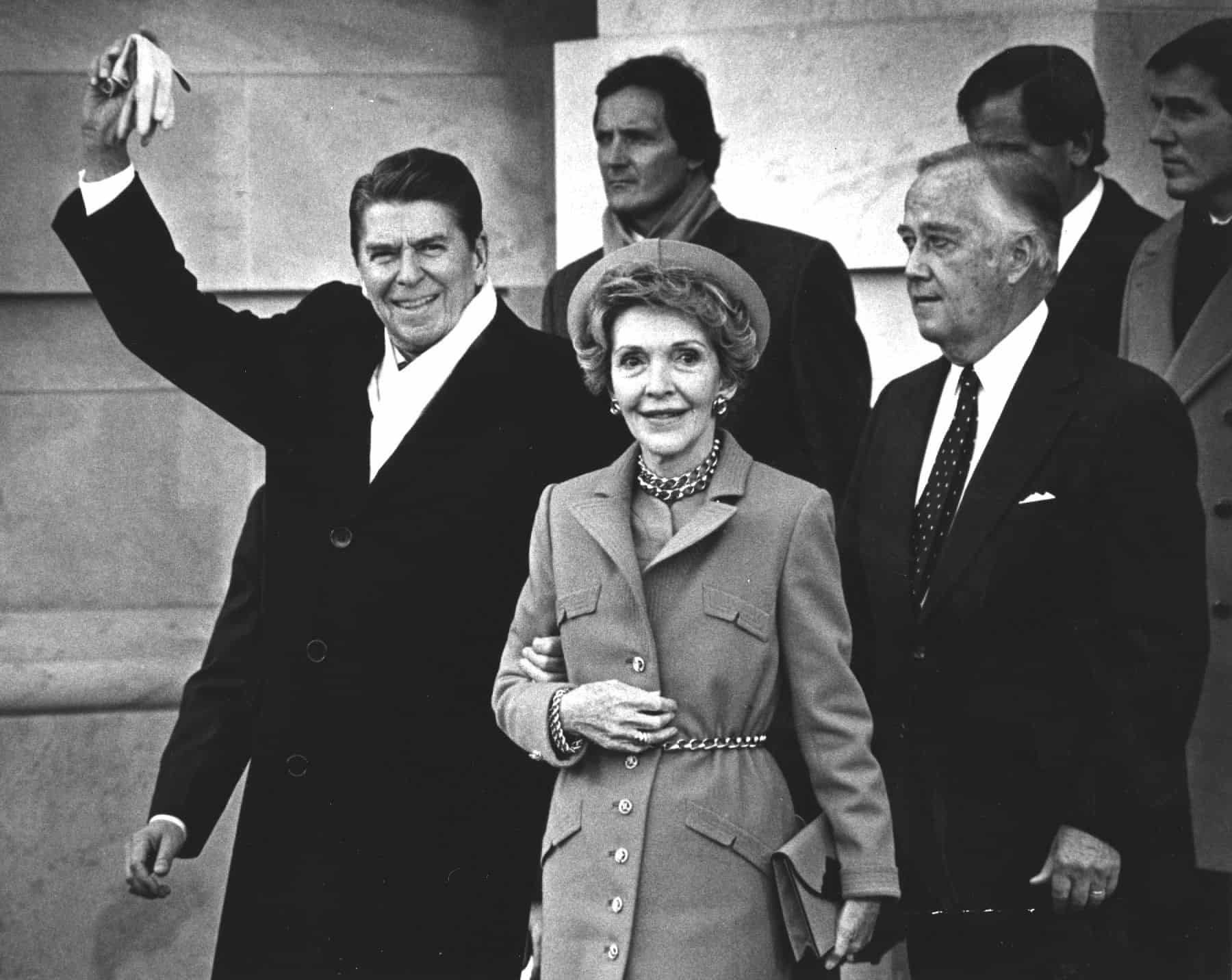GRANADA, Nicaragua – The death and mourning of former U.S. President Ronald Reagan (1981-1989) this week forced Nicaragua to revisit its recent bloody past, and reminded the country just how divided it still is 14 years after the war ended.
In Nicaragua, Reagan is remembered as a fanatical anti-communist who sponsored the counterrevolutionary war in 1980s against the left-wing government of the Sandinista National Liberation Front. The low-intensity Contra war left some 50,000 dead and countless injured or maimed, destroyed much of Nicaragua’s infrastructure, strangled fledgling health and literacy campaigns and sunk the country deeper into the abyss of poverty and underdevelopment.
But the war also forced the Sandinistas to concede to some democratic reforms, including national elections in 1990, which ousted the revolutionary front from power. As a result, Reagan is remembered in Nicaragua as both a monster and messiah, depending on who you ask.
PRESIDENT Enrique Bolaños this week sent official condolences to the U.S. government and the Reagan family, remembering the 40th U.S. President as a man who “contributed to the establishment of democracy and liberty in Nicaragua and the world.” Bolaños, a U.S.-educated businessman, was temporarily jailed and had his property confiscated by the Sandinista government in the 1980s.
Other conservative foes of the Sandinistas also remember Reagan fondly. A group of former Contras celebrated a mass in his honor in Managua on Tuesday. “I will remember Reagan with great respect, appreciation and fondness,” said Adolfo Calero, former president and commander-in-chief of the Nicaraguan Democratic Force, the largest of the Contra groups.
Calero, nicknamed “Sparkplug” by U.S. Lt. Col. Oliver North, was the United States’ point man on the northern front. “Reagan was instrumental in liberating Nicaragua and democratizing Nicaragua and the world,” Calero told The Tico Times this week.
MANY Nicaraguans, however, remember Reagan as the architect of a war that brought misery and suffering to the country. “[Reagan] will be remembered as an assassin guilty of an eight-year illegal war against Nicaragua. He armed criminals and caused thousands of deaths here,” Ernesto Cardenal, the guerrilla poet-priest who served as the Sandinista’s Minister of Culture, told The Tico Times this week.
Daniel Ortega, Sandinista secretary general and former revolutionary president, will not be sending flowers to Reagan’s state funeral today in Washington, D.C. “We don’t celebrate anyone’s death, but we have to speak the truth [about Reagan]. We can’t now say that he respected international law or treated Nicaragua well,” Ortega told Sandinista supporters this week at a party rally in Masaya. “May God forgive him, because the God’s capacity for love is great.”
THE Reagan administration’s dark and turbulent relationship with Nicaragua began shortly after he took office for his first term in 1981 – less than two years after the Sandinista National Liberation Front ousted the Somoza dictatorship and took power of Nicaragua. By 1982, it was revealed that the CIA was training, arming, and directing some 10,000 Contras at secret bases, mostly in southern Honduras.
In 1984, the CIA mined Nicaraguan ports, and a year later Reagan declared a U.S. economic embargo against Nicaragua after Congress voted to cut off military aid to the Contras. Reagan’s unveiling of the so-called “Reagan Doctrine” in 1985 attempted to justify U.S. aid to any and all “anti-communist” movements in the world. When Reagan announced the doctrine during his State of the Nation address, he made specific mention of his Nicaraguan Contra allies, whom he later referred to as “the moral equivalent of the [U.S.] Founding Fathers.”
THE next year, the Iran-Contra Scandal broke revealing that Lt. Col. Oliver North of the National Security Council and CIA Director William Casey were illegally funding the Contras in Nicaragua through profits from secretive weapons sales to Iran, a country the United States had denounced as a terrorist nation.
The icing on the cake came in 1986, when Reagan refused to respect the ruling of the International Court of Justice that found the U.S. war on Nicaragua in violation of international law and ordered Washington D.C. to “make reparation to the Republic of Nicaragua for all injury.”
“The Yankee government’s debt with Nicaragua is still pending, and will have to be paid someday when the United States has a government that is honest, respectful of international law and in favor of peace,” Ortega said.
REAGAN’S death last Saturday also highlighted the editorial differences between the country’s two leading daily newspapers: the more-conservative La Prensa and the Sandinista-sympathizing El Nuevo Diario. La Prensa’s editorial page on Tuesday celebrated Reagan. “If it had not been for [Reagan’s] vision and energetic international policy against communism, Nicaragua would now be a communist state, Nicaraguans would not have individual liberties, there would be no democracy and most Nicaraguans would be subject to espionage,” La Prensa concluded.
El Nuevo Diario, meanwhile, ran several scathing articles blasting the model of democracy and liberty that Reagan’s so-called “freedom fighters” helped to bring to Nicaragua: “Now Nicaraguans are so free that health care and education have become merchandise and we become more like East Los Angeles, with gangs on corners in front of McDonalds and beautiful girls in miniskirts offering their charms.”






